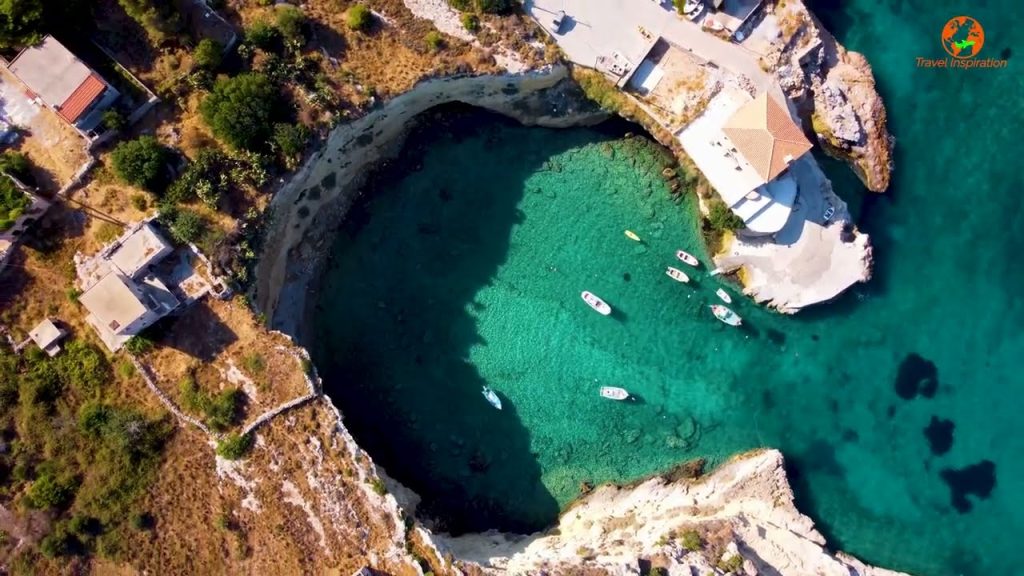Greece has agreed to speed its sale of state-owned property and cut billions of dollars more from its budget to satisfy requirements for pro...
Greece has agreed to speed its sale of state-owned property and cut billions of dollars more from its budget to satisfy requirements for promised loans from the International Monetary Fund and other European countries.
The additional steps in a year-old economic overhaul come as the government in Athens copes with a public hit hard by recession and previous government cuts while trying to satisfy demands by the IMF and European officials to meet the budget targets established last year in return for a $160 billion financial bailout.
That program has slipped behind schedule, and Greece needs perhaps $40 billion or more in additional loans to pay its bills and avoid defaulting on payments to its bondholders. The IMF and European authorities are hoping to avoid a Greek default for fear of the shock it would deliver to world financial markets.
In separate statements, Greek, IMF and European officials said that after initial talks they had agreed on the additional steps Greece would take to meet the budget and economic targets established last year.
Over the next few weeks, they said, they plan to confer about the terms of new loans to the country, and the next round of funding is expected by early July.
The additional loans would be granted under “strict conditionality” that Greece make the cuts and institute the reforms it has promised, Jean-Claude Juncker, the head of the 17 eurozone finance ministers, said after meeting with Greek Prime Minister George Papandreou, the Associated Press reported from Athens.
While acknowledging Greece’s “significant progress” over the past year in closing its annual government budget deficit, the IMF, European Union and European Central Bank said in a joint statement that the country still fell short of the “critical mass of reforms” needed to renew growth in the state-dominated economy.
Greece has agreed to cut government spending or raise taxes by around $9 billion over the next six months, equivalent to nearly 3 percent of the country’s annual economic output.
A new agency will be established to “significantly accelerate” the sale of state-owned property and businesses — from sports-betting outlets to defense contractors — which is expected to raise about $70 billion over the next four years.
The revised program is to be sent to the Greek Parliament soon, the country’s finance ministry said in a news release.
While the release of existing loans and the provision of new ones is critical to preventing a Greek default, the country’s government is also under mounting pressure at home after a year of austerity that has seen public payrolls slashed by tens of thousands of workers, retirement benefits cut and a long list of public benefits and worker protections eliminated.
Papandreou has argued that the measures are needed to restore’s Greece’s economy and has blamed the country’s massive level of debt and annual deficits on his free-spending predecessors — a tab he has bluntly told Greeks they will now have to pay.
But the public has yet to feel the benefit, even though exports are rising and the Greek economy did grow slightly in the first part of the year. Wages are falling, and unemployment remains high.
As Papandreou readied the latest round of budget cuts, some members of his socialist party said they felt the budget-cutting efforts had gone too far, and they threatened to oppose the prime minister when the program is submitted to Parliament.
washingtonpost.com




































